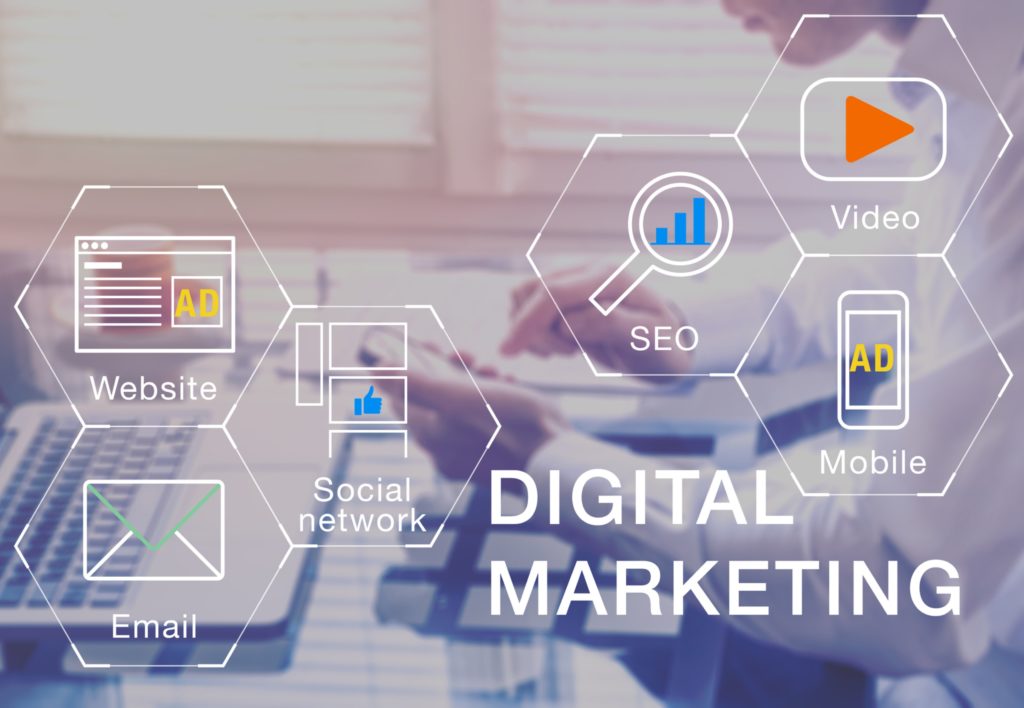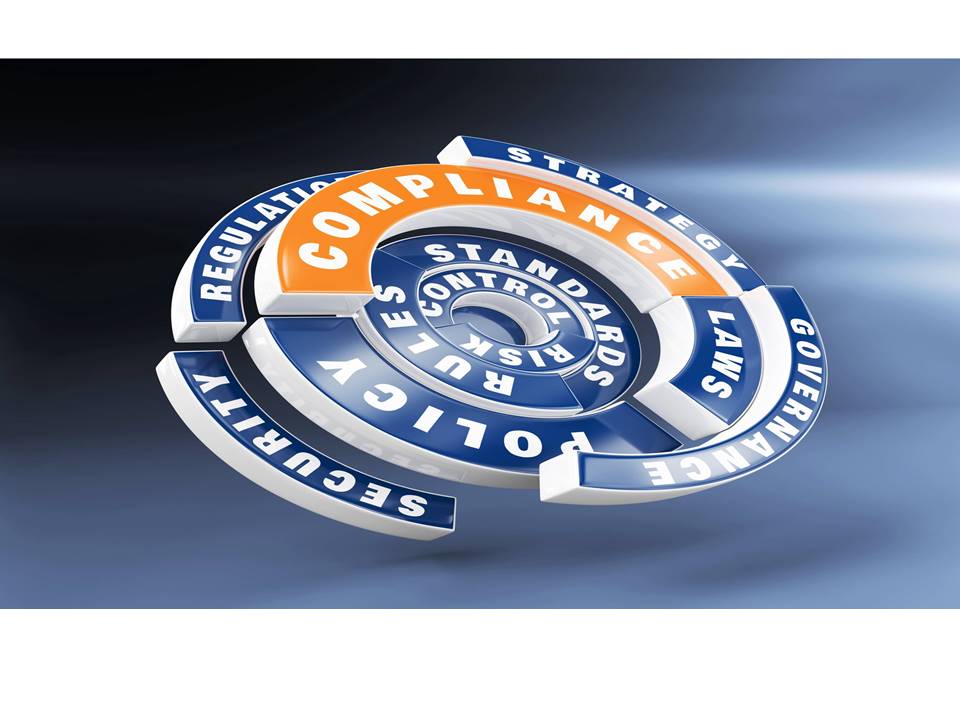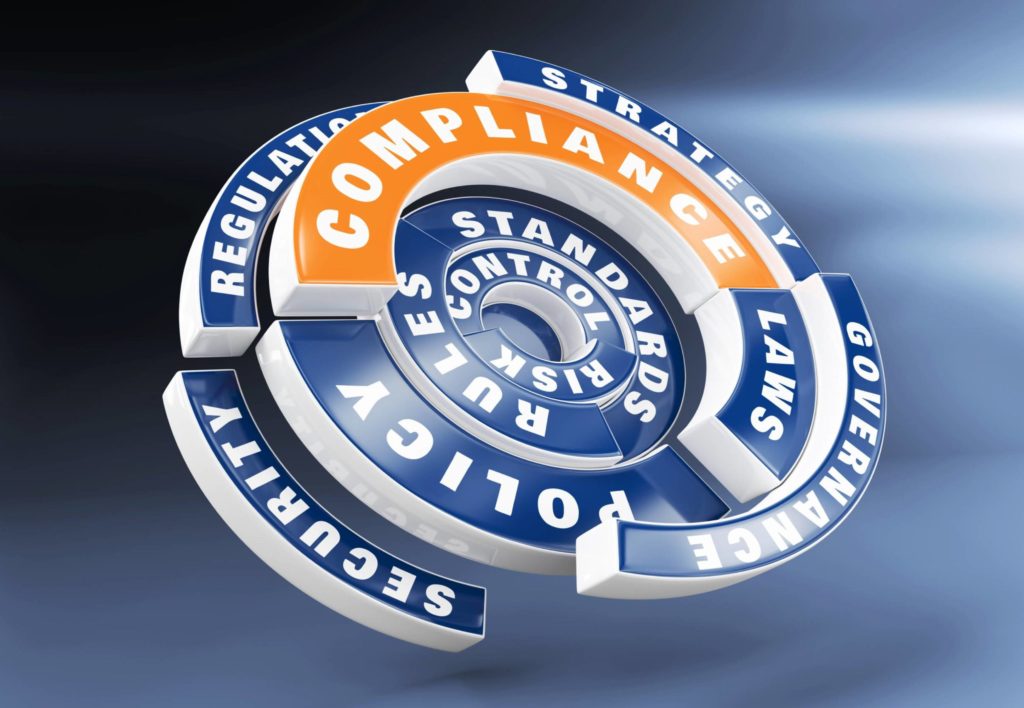Environmental Claims
FTC Regulation on Environmental Claims
What is Environmental Claims
Marketers should not make broad, unqualified general environmental benefit claims like ‘green’ or ‘eco-friendly.’
Many companies make claims and design packages to promote the green attributes of their products such as “green,” “environmentally safe” or “eco-friendly.” Claims like these may sound great, but they’re too vague to be meaningful. The fact is, all products have some environmental impact. Broad claims are difficult to substantiate, if not impossible.
The Federal Trade Commission (FTC) issued revised “Green Guides” that are designed to help marketers ensure that the claims they make about the environmental attributes of their products are truthful and non-deceptive.
The Guides advise that marketers
- should not make broad, unqualified claims that a product is “environmentally friendly” or “eco-friendly” because the FTC’s consumer perception study confirms that such claims are likely to suggest that the product has specific and far-reaching environmental benefits. Very few products, if any, have all the attributes consumers seem to perceive from such claims, making these claims nearly impossible to substantiate.
- should not make an unqualified degradable claim for a solid waste product unless they can prove that the entire product or package will completely break down and return to nature within one year after customary disposal;
- caution that items destined for landfills, incinerators, or recycling facilities will not degrade within a year, so marketers should not make unqualified degradable claims for these items; and
- clarify guidance on compostable, ozone, recyclable, recycled content, and source reduction claims.
The Green Guide – Business Tips – Federal Trade Commission
In-Depth Coverage: Marketing and Advertising Compliance
- Federal Trade Commission (FTC) Advertising Rules
- Made in USA Standard
- FTC Regulation on Environmental Claims
- Adverting and Marketing on the Internet
- Label Claims for Conventional Foods and Dietary Supplements
- Dietary Supplement Advertising: What is FTC's Truth-in-Advertising Law?
- USDA Country of Origin Labeling (COOL)
- FTC Rules & Regulations on Food Advertisement
Marketers should qualify general claims with specific environmental benefits. Qualifications for any claim should be clear, prominent, and specific.
When a marketer qualifies a general claim with a specific benefit, consumers understand the benefit to be significant. As a result, marketers shouldn’t highlight small or unimportant benefits.
If a qualified general claim conveys that a product has an overall environmental benefit because of a specific attribute, marketers should analyze the trade-offs resulting from the attribute to prove the claim.
For example, claiming “Green, made with recycled content” may be deceptive if the environmental costs of using recycled content outweigh the environmental benefits of using it.
Common Green Claims
Free Of
Companies may make a point of telling you their products are “free of” a chemical or ingredient that may be a concern. When marketers say a product is “free of” an ingredient, they should be able to prove that the product doesn’t have any more than a harmless trace amount of it — and that the product is free of any other ingredient that poses the same kind of risk.
Non-Toxic
Marketers who say a product is “non-toxic” should have proof that the product is safe for both humans and the environment. If it’s safe for humans or the environment, the product should say which one the non-toxic claim applies to.
Ozone-Friendly
All ozone is not alike. The ozone layer in the upper atmosphere prevents harmful radiation from the sun from reaching the earth. But ozone at ground level forms smog and can cause serious breathing problems for some people.
If a company claims its products are “ozone-friendly” or “ozone safe,” it should have proof that the products do not harm the upper ozone layer and the air at ground level.
In-Depth Coverage: Country of Origin
- Country of Origin of Imported Merchandise
- Customs Ruling: Country of Origin
- Country of Origin: Food Products
- Country of Origin: Chemical and Pharmaceutical Products
- Country of Origin & Country of Manufacture: CBP vs. FDA
- Country of Origin: Substantial Transformation or Country of Assembly Test
- Country of Origin and Free Trade Agreement
- Country of Origin and Section 301
Less Waste
A marketer should do more than claim its product or package is made with “less waste;” it should give specifics about the comparison. For example, a company could say a product has 10 percent less waste than a previous product.
Recyclable
A company can say a product is recyclable — or put the universal recycling symbol on it — if most people who buy the product can recycle it. But that doesn’t mean you’ll be able to recycle it in your area. Ask your city or county government about local recycling options.
Made With Renewable Materials
A marketer that claims a product or package was made with renewable materials might tell you what the materials are, why they’re renewable, and how much of the product was made with renewable material. For example, a manufacturer could say, “Our flooring is made from 100% bamboo, which grows at the same rate as we use it.”
For further information of environmental claims and green guides please refer to the following links to FTC Websites.
In-Depth Coverage: Importing Cosmetics
Quick Link To U.S. Customs & Import Requirements
Customs Clearance and Import Requirements
- Entry of Imported Merchandise
- What is Section 321 Entry?
- What is Automated Commercial Environment (ACE)
- What is an Automated Broker Interface (ABI)?
- Who is Ultimate Consignee?
- What is Non-Resident Importer Program?
- Country of Origin of Imported Merchandise
- What is the Country of Assembly?
- What is the FDA's Country of Manufacture?
- Marking of Country of Origin on U.S. Imports
- What is Customs Bond?
- Reconciliation Prototype and Bond Rider
- Who Needs a Customs Broker?
- What is Customs Ruling Program?
- Classification of Imported Goods
- How is imported merchandise appraised?
- What are Import Quotas?
- What are Trade Remedy Duties?
- Antidumping Duty (AD) and Countervailing Duty (CVD)
- What is Foreign Trade Zone (FTZ)?
- What is Importer Security Filing (ISF)?
- What is Temporary Importation under Bond (TIB)
- What is In-Bond Process?
Guidance on customs & logistics solution for traditional and e-commerce importers and exporters
Customs Clearance
All goods imported into the U.S. are required to be declared to CBP. Our customs broker will help you stay in compliance with customs laws and regulations and clear your goods quickly and efficiently with our electronic Automated Commercial Environment (ACE) and Automated Broker Interface (ABI) Single Window System.
Freight Forwarding
Looking for a freight forwarding partner? To move your cargo from its current location through customs to its final destination we will partner with you to find the best way for your business. Whatever your transportation, logistics or customs clearance needs, we will do our best to customize a solution for your needs.
Warehousing & Distribution
Our warehouse facility offers great potential for serving as a regional hub with over 145,000 SF storage capacity close to Los Angeles Airport & Los Angeles/Long Beach Sea port. With our extensive experience in freight services, your import/export cargo will be handled quickly and effectively.
Importer Security Filing (ISF)
An ISF is required when cargo (ocean only) laden on vessel at a foreign port is destined for shipment to the U.S. Under ISF rule, some importing information and details regarding cargo must be transmitted to the CBP at least 24 hours before goods are loaded onto the vessel.
Non-resident Importer Program
If you want to sell your goods in U.S. marketplace, but you are a business owner located outside of the U.S. and do not have a presence in the U.S., you need to be established as a Foreign Importer of Record before your goods can be imported into the U.S. We can help you.
Section 321 Entry
Section 321 entry allows importing free of duty and tax for shipments imported by one person on one day having a fair retail value in the country of shipment not more than $800. We provide our resident and non-resident clients with dedicated ACE eManifest solutions for Section 321 entry of all modes of transportation.
E-Commerce
The Internet has made it easy to find and purchase items from almost anywhere in the world. Our e-commerce experts will help you find the right solution for your international transportation, customs clearance, and delivery to your final destination. We also provide value-added repackaging, warehousing and distribution services.
FDA-Regulated Products and Import Requirements
- What is Food Safety Modernization Act (FSMA)?
- Prior Notice of Imported Foods
- Food Facility Registration
- Risk-Based Preventive Controls for Human Food
- Risk-Based Preventive Control for Animal Food
- Standards for the Growing, Harvesting, Packing, and Holding of Produce for Human Consumption
- What is Foreign Supplier Verification Program (FSVP)?
- Protect Food against Intentional Adulteration
- FDA Regulated Product in Foreign Trade Zone (FTZ)
- Entry Review Process for FDA Regulated Products
- Country of Origin VS Country of Manufacture
- Foods Regulated by FDA or USDA: What is the Difference?
- Label and Labeling Claims for Conventional Food and Dietary Supplements
- What is USDA Country of Origin Labeling (COOL)?
- Import for Export of FDA Regulated Products
- FDA Regulated Products in Personal Baggage or Sending by Mail or Courier
- International Mail Facility (IMF) and FDA Regulation
- Importing Biological Product Regulated by CBER
- Importing Cosmetics and Voluntary Cosmetic Registration Program (VCRP)
- Importing Drugs into the U.S.
- Importing OTC Drugs into the U.S.
- Importing Veterinary Drugs into the U.S.
- Importing Tobacco Products into the U.S.
- Importing Medical Devices into the U.S
- Importing Food Products into he U.S.
- Importing Radiation-Emitting Products into the U.S.

























